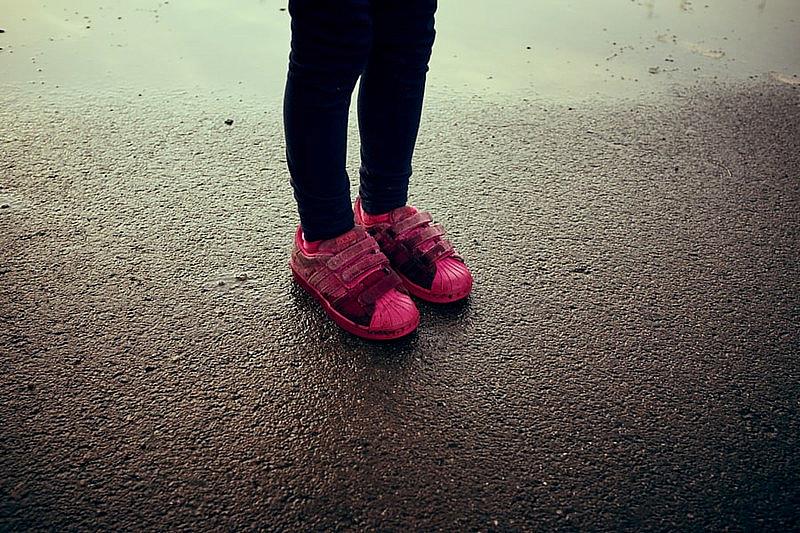Why were the parents of 13 children in Georgia desperate enough to abandon them last year?

(Creative Commons photo by Igor Spasic via Flickr)
As a reporter, I’m confronted with stories all the time that don’t make sense to me logically or emotionally. When challenged I seek answers. Life has taught me those answers don’t always come in the form of facts. Sometimes making sense of an event, requires understanding another point a view, the motivations or reasons behind it.
That’s where I found myself in December 2019 when a child with special needs was abandoned by his mother. Police found the non-verbal 14-year-old wandering alone near a local hospital. This wasn’t a teenage mom facing the challenges of raising a newborn. This was a mother of four, who decided this particular child had to go. As a mother myself, I couldn’t imagine making a decision like that. Just the thought made me want to hold my children closer.
My heart ached for that boy, one of 13 children I would later learn, abandoned that year in Georgia by a parent or guardian, according to state’s Department of Family and Children Services. That number doesn’t include the children turned over to state custody for other designations, like inability to cope.
But the more I learned about the case, the more my heart ached for this mother too. Diana Elliott was arrested and charged with child cruelty, and her kids were put in foster care. But Elliott wasn’t trying to be cruel. In fact, she thought she was doing the best thing, the right thing, for her son. At the time they were homeless, with no family support. She simply didn’t have the resources to meet her son’s needs. She hoped the hospital, or the state, would.
It’s been called trading custody for care — the belief that the state can offer something the parents cannot. Before COVID-19 and then the election took over Georgia’s news cycle, I had the chance to talk with a few families that had either made the decision to relinquish their child or were debating whether to do so. One mother told me her daughter had stabbed a sibling and she too had been injured trying to deal with behavioral outbursts. She had searched for years for affordable mental and behavioral health services, but only found waitlists and closed doors. The only place it seemed her daughter could go was the juvenile detention center.
For my 2020 Data Fellowship project, I want to explore what children are most at risk of abandonment and why. What services or lack of resources are leaving these parents so desperate that they feel this is their only, or at least their best, option?
At Elliott’s preliminary hearing, several parents who identified with her frustrations rallied around her and cried out to leaders to build a better system of care for children and adults with severe behavioral disabilities. The news coverage was inspiring, but it stopped there. We owe it to these children and even to these families, to keep going.

